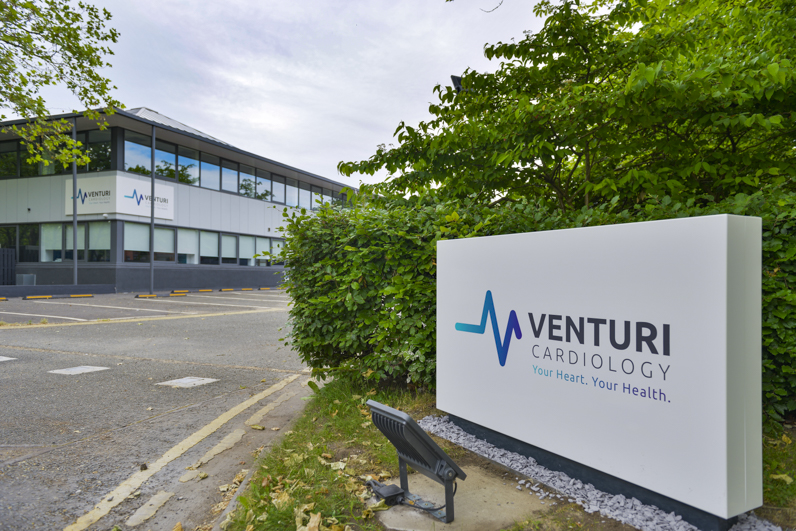Coronary heart disease is a major cause of death both in the UK and worldwide. It refers to any condition which affects the cardiovascular system and can affect the heart and the blood vessels in a variety of different ways. It can develop when the arteries leading to the heart become clogged with plaque which results in them hardening and becoming narrower. This is called coronary heart disease and is the most common form of heart disease.
The result is that the blood supply to the heart reduces and in turn that means that the heart receives less nutrients and oxygen. The plaque in the arteries can actually cause blockages and completely stop the flow of blood, and that results in a heart attack, which is also known as a myocardial infarction.
Another heart condition is known as arrythmia. This is when the electrical impulses which co-ordinate the heartbeat are not operating correctly and can result in the heart beating too quickly, too slowly, or erratically. In some cases, arrythmia can be life-threatening and can lead to serious health complications
Some people are actually born with heart problems, and these are congenital heart issues. There can be a variety of congenital heart issues such as one of the heart valves being missing, the valves may not open properly, or they may leak blood. There could also be a hole between the upper chambers or the lower chambers of the heart. Somewhat surprisingly, many of these conditions do not show any noticeable symptoms, and only show up during a routine check of your medical condition.
There is also a condition known as dilated cardiomyopathy when the heart muscle stretches and becomes thinner. That means that the heart weakens and cannot pump the blood as it should do. There is also hypertrophic cardiomyopathy which is usually an inherited condition and causes the walls of the muscle to thicken resulting in the heart having problems with pumping out the blood. In many cases there are no symptoms, but the condition can get worse over time, leading to further heart problems. Hypertrophic cardiomyopathy is the main cause of death in people under the age of 35.
Another condition is aortic stenosis which results in the heart having difficulty pumping blood from the left ventricle into the aorta. This is a result of the pulmonary valve failing to open correctly as a result of becoming thick or fused.
Some people also suffer from mitral valve regurgitation which is when the mitral valve will not close properly and allows blood to flow back into the heart. Over time the heart can become enlarged, resulting in heart failure.
Heart failure does not mean that the heart has actually stopped, but that it is not working correctly. It can also be a result of coronary heart disease, arrythmia, and high blood pressure. They can have an effect on the ability of the heart to pump or to relax correctly.
Part of the problem with heart conditions is that they may be present without symptoms. However, they may also cause angina, difficulty with breathing, heart palpitations, fatigue, swollen ankles and more.
This is why, at Venturi Cardiology, we run tests to check on the condition of your heart. One of the tests that we do is an echocardiogram test which is non-invasive and uses sound waves in order to build up a picture of your heart in much the same way as it is used to scan a woman in pregnancy.
An echocardiogram test should not cause you any issues at all, and it takes anywhere from 15 minutes to an hour, although 30 – 60 minutes is usual. All you need to do is to remove the top half of your clothing and lie on a couch or bed. Three stickers will be attached to your chest and arms and will record the electrical activity of your heart. The sonographer will apply the probe to your chest in different positions in order to build up a total picture of your heart and the arteries and veins carrying the blood to and from it. This will give the cardiologist the required information to assess the condition of your heart.












